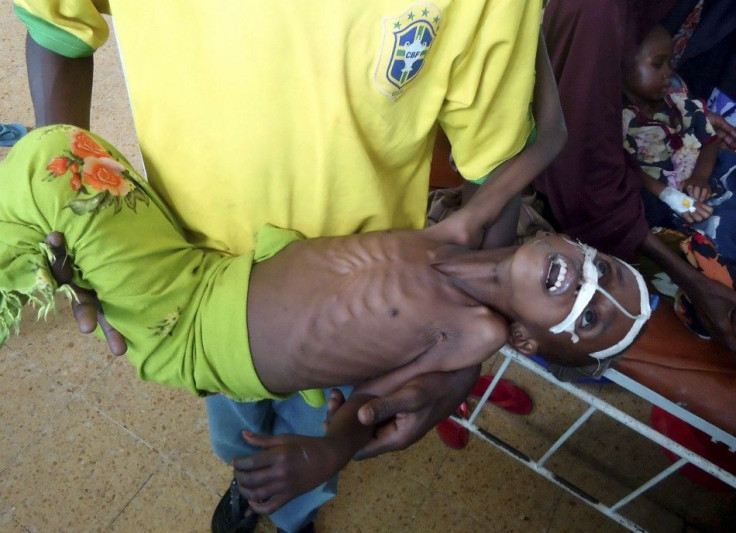Breastfeeding Can Reduce Infant Death by 13 Percent, Says UNICEF

The U.N. Children's Fund (UNICEF) has established World Breastfeeding Week, which began on Mon., to raise awareness about breastfeeding children, a practice that can reduce deaths in children under five by 13 percent.
Spanning from Aug. 1 to Aug. 7, UNICEF started World Breastfeeding Week to show the benefits of breastfeeding for people in both developing and wealthier countries.
Evidence has shown that when a child is breastfed for 6 months to a year during infancy, the death toll is reduced by 13 percent in children under five. However, UNICEF reports that only 36 percent of infants in developing countries are breastfed.
"Breastfeeding can save your baby's life," said UNICEF Executive Director Anthony Lake. "No other preventive intervention is more cost effective in reducing the number of children who die before reaching their fifth birthdays."
According to UNICEF, while minimizing the death toll of young children, breastfeeding can also reduce the possibilities of stunted growth in children, citing the condition as physically and mentally harmful and "a key indicator reflecting inequities in society."
Breastfeeding, as opposed to using formulas for infants, provide many benefits for child survival, growth and development such as nutritional value and cost efficient, along with bonding time for mothers and children. A mother's risk for postpartum hemorrhage, anemia, maternal iron depletion, breast and ovarian cancer and diabetes is also reduced through breastfeeding.
Though trends show that breastfeeding rates are rising in more than 60 percent of monitored countries, millions of infants still die each year because they don't receive the benefits as breastfed infants do.
"Breastfed is best fed, whether the baby is born in Uganda or England, China or Canada," Lake said.
While many women receive information regarding the benefits of breastfeeding while receiving pre-natal care or during delivery, UNICEF has established this awareness week to improve knowledge and breastfeeding rates globally through additional communication in the 170 participating countries.
The theme for the 2011 World Breastfeeding Week, first celebrated in 1992, is "Talk to Me! Breastfeeding - a 3D Experience" deriving its name from the three platforms to promote breastfeeding awareness and benefits: time, place and communication.
© Copyright IBTimes 2025. All rights reserved.






















